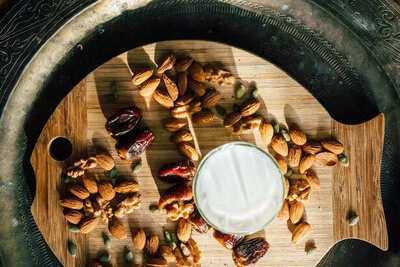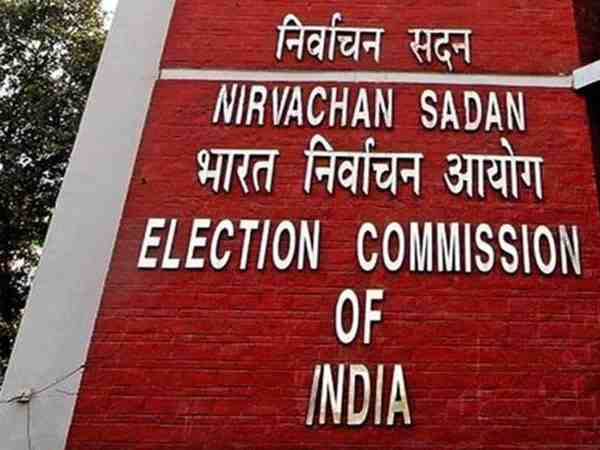
Indian women already skip meals. Not by choice, but because that's how life works. We eat after serving everyone else. We skip breakfast when running late for office. We eat dinner at 10 pm after putting kids to bed.
Now everyone talks about intermittent fasting like it's something new. But we've been doing versions of this for years. Ekadashi fasting, Karva Chauth, Navratri , these are all forms of timed eating.
The difference? Religious fasts have spiritual reasons. This new type is for weight loss and health. But does it actually work for women juggling work, home, and family?
Let me break this down without the fancy terms.
What This Fasting Thing Actually Is

Intermittent fasting means eating only during set hours. The popular one is 16:8. You don't eat for 16 hours, then eat normally for 8 hours.
Example: Last meal at 7 pm. Next meal at 11 am the next day. You can have water, plain chai, or black coffee. No milk, no sugar, no biscuits.
Sounds simple? It can be. But there are things to watch out for.
When It Helps

Weight loss happens for many women. No 4 pm samosas. No midnight chai and rusk.
Blood sugar gets more stable. Your body isn't always working to digest food. Some women say they feel less tired after meals.
It saves time too. No breakfast prep means more time for morning prayers or getting kids ready for school.
One big plus: it stops mindless eating. You know those times when you eat leftover sabzi while cleaning the kitchen? Or finish the kids' half-eaten parathas? Fixed eating hours stop all that.
The Problems

Not every woman should try this. If you already feel tired, skipping meals will make it worse. Women who cook big meals, handle household work, and take care of family need steady energy.
Don't try this if you have:
- Thyroid issues
- Low BP
- Irregular periods
- Diabetes
- Any ongoing health problem
- Pregnant women and new mothers should never try this. Your baby needs steady nutrition through you.
Making It Work for Indian Life

Start slow. Try 12 hours first. Dinner at 8 pm, breakfast at 8 am. Do this for two weeks.
While , Drink plenty of water. Plain nimbu paani works too (no sugar). Green tea is good if you like it.
When you break your fast, eat real food. Not chips or sweets. Try:
- Moong dal with rice
- Roti with any sabzi and curd
- Upma with vegetables
- Simple khichdi
- Poha with groundnuts
- Add protein. Eggs, paneer, dal, chicken, fish. This keeps you full longer and gives your body what it needs.
Listen to your body. Feel weak? Stop. Getting bad headaches? Stop. Periods becoming irregular? Stop.
The goal is to feel better and not worse. If this plan makes you tired or grumpy then it means it's not working for you.
Don't make it complicated. Simple changes work best. Eat good food during your eating time. Stay hydrated during fasting time. That's it.
Should You Try It?Maybe. But only if you're healthy and don't have the problems I mentioned above.
Start small. See how you feel. If it works, great. If not, that's fine too. There are many ways to be healthy. Your health matters more than any trend. Don't force something that makes you feel bad just because it works for others.
Talk to a doctor if you're not sure. Better safe than sorry.
Explore the latest trends and tips in Health & Fitness, Spiritual, Travel, Life Hacks, Trending, Fashion & Beauty, and Relationships at Times Life!
-
Afghanistan crush Hong Kong by 94 runs in Asia Cup Opener, Omarzai stars with the bat

-
Asia Cup 2025: All-round Afghani show blows away Hong Kong in opening match

-
Nationwide SIR: ECI to hold crucial meeting on Wednesday

-
Poland's Airspace Violated By 'Drone-Type Objects' From Russia, Major Airports Shut

-
Trump 'Felt Very Badly' About Location Of Israeli Airstrike In Doha: White House
